December, 2016
Eight Common Mistakes That Genealogists Make and How to Avoid Them
- Presenter: Donald Schnitzler
.jpg)
- Date: December 20, 2016
- Webinar Description: This program highlights some of the common mistakes made by genealogists researching their family history as well as strategies that help overcome them. Discussion topics include basic research methodologies (alternate records selection tables), documenting and citing sources, use of research logs, and planning for the future.
Objectives:
At the end of this presentation, attendees will be able to:
-
- Recognize and Avoid common mistakes made in genealogical research
- Strategize for the best approach to finding the missing pieces of genealogical information
- Discuss and Apply elements of the Genealogical Proof Standard
- Acknowledge and Analyze inevitable contradictions in and between family records
- Consider possible approaches to “passing on” genealogical work
November, 2016
Passenger List Research: Castle Garden, Ellis Island and other Ports of Entry
- Presenter: Bob Heck
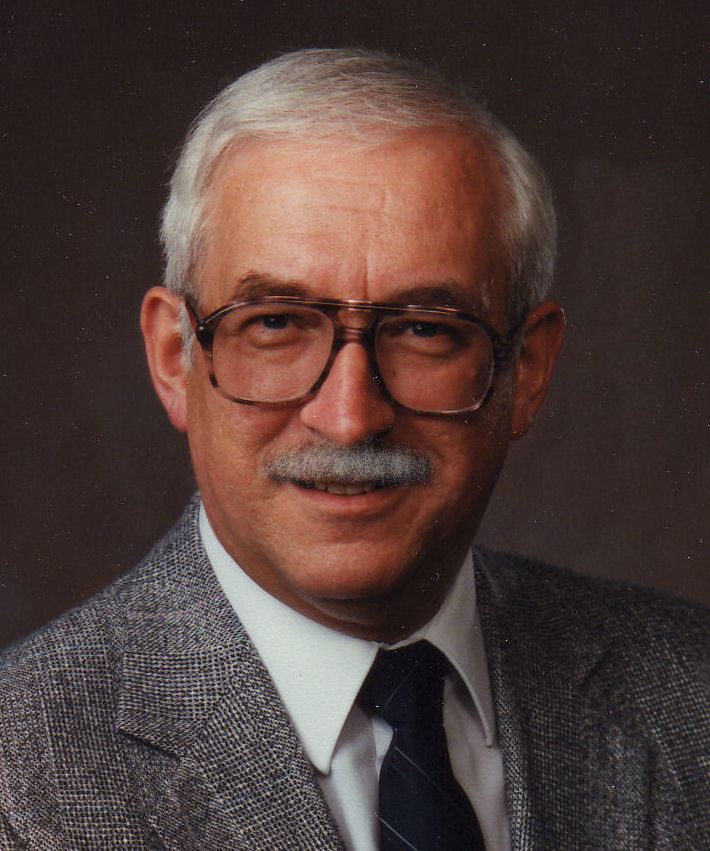
- Date: November 15, 2016
- Webinar Description: During this presentation we will learn about the history of passenger lists, where to find them and what information may be available in the records. Using real life examples we will discuss search techniques that can help you find those hidden ancestors. We will also learn about the "To America" series, which can be a great help in finding your immigrant ancestors. We will learn what those cryptic numbers mean on a passenger list and how they can lead you to naturalization documents of your ancestors.
October, 2016 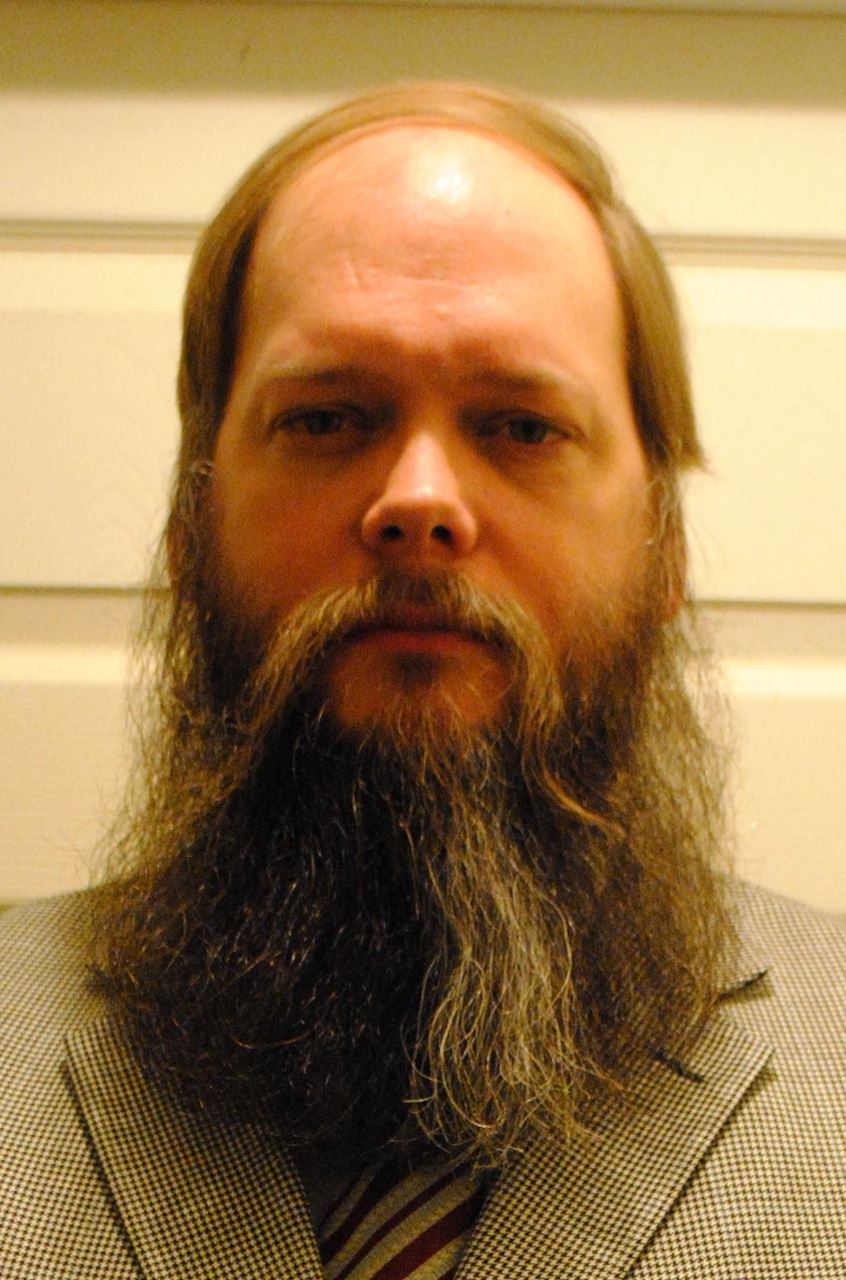
Roosevelt's Tree Army: Genealogy Resources in the Civilian Conservation Corps
- Presenter: Michael Strauss, AG
- Date: October 18, 2016
- Webinar Description: Tens of thousands of young men came together to serve in the vanguard of President Franklin D. Roosevelt’s New Deal program. Discover some of your ancestors who may have worked and served with the Civilian Conservation Corps from 1933 to 1942. The New Deal era in American History has many great resources that have been untapped for years, and seldom used by genealogists and family historians.
September, 2016
The ABC's and 123's of Researching Your Ancestor's School Records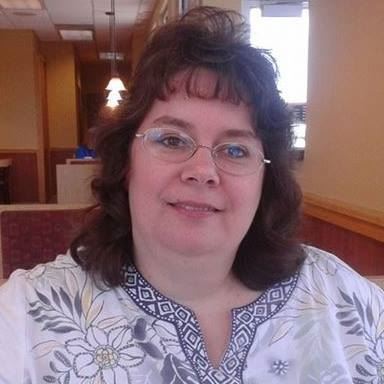
- Presenter: Melissa Barker
- Date: September 20, 2016
- Webinar Description: School records should be an important part of any genealogists research. This presentation will help you to know what school records could be available and where you can find them. Even if your ancestor didn’t go to school, this presentation will reveal school records where your ancestor just might be mentioned.
August, 2016
Using Word to Write Your Family History 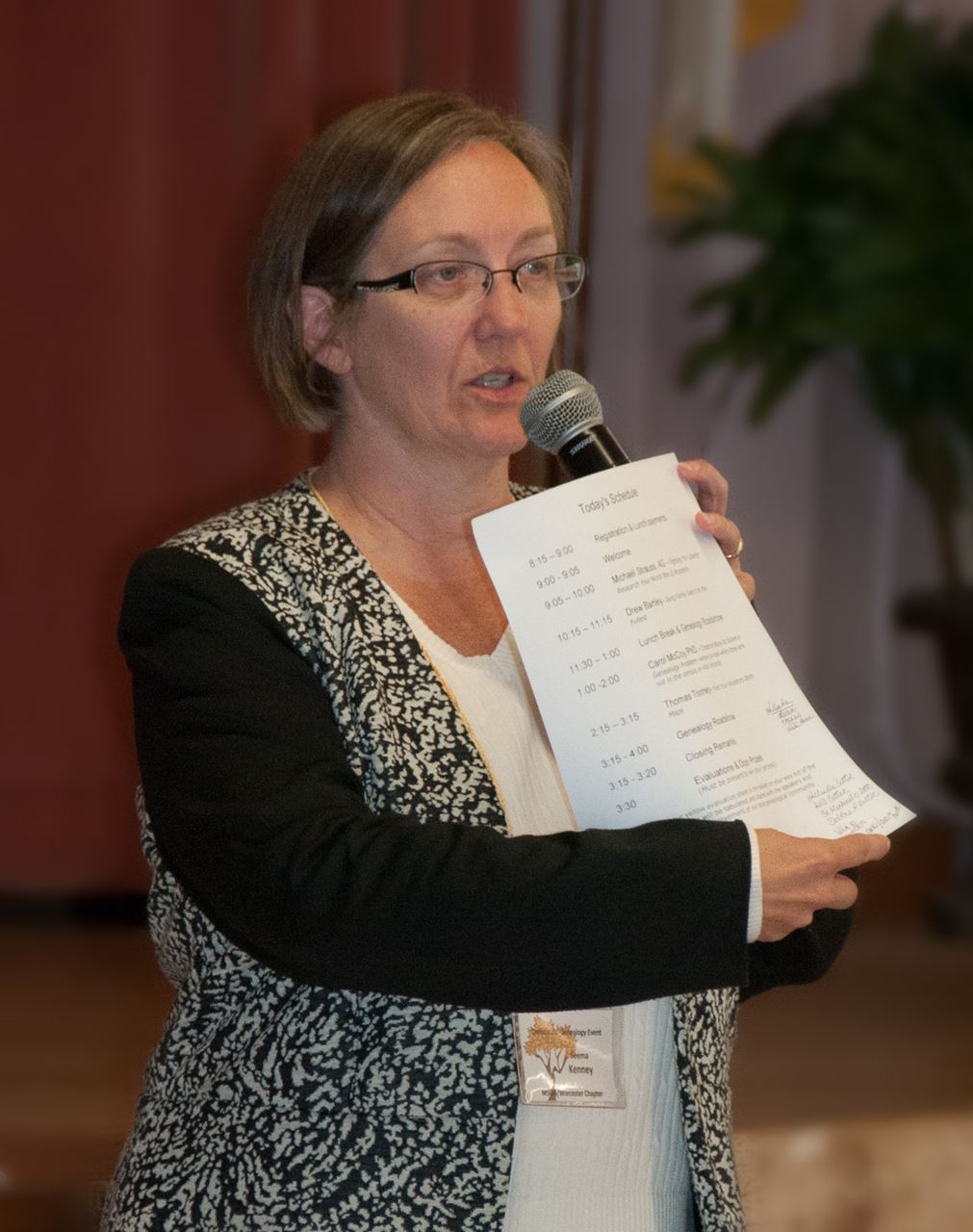
- Presenter: Seema Kenney
- Date: August 16, 2016
- Webinar Description: This class focuses on features of Word that make the creation of your family history quicker & easier. Explore the use of AutoCorrect, AutoText, Footnotes, Indexing and Sections within Microsoft Word-
-
- AutoCorrect: Word can recognize your shorthand, allowing you to type fewer keystrokes.
- AutoText: Save phrases, sentences or paragraphs that you use frequently and insert them into your document with as few as three clicks of your mouse.
- Footnotes/Endnotes: Word will number and place your footnotes or endnotes at your request and then re-number and re-arrange as you edit your document. Combine this with autotext to save lots of time and increase the consistency of your citations.
- Index: Create an index to your document as you proofread by highlighting each name. Word will update the index at your request, while alphabetizing and tracking page numbers.
- Sections: Dividing your document into sections allows for additional customization as headers, footers, and other formatting can be unique to each section of your document.
July, 2016
Using Evernote as Your Primary Tool for Capturing Notes and Ideas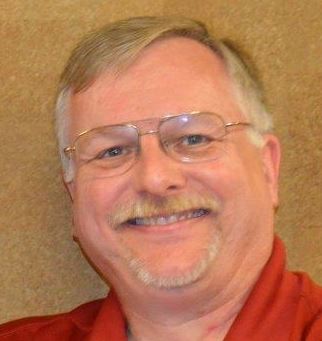
- Presenter: Drew Smith
- Date: July 19, 2016
- Webinar Description: Learn to use Evernote, a tool that allows genealogists to capture, organize, preserve, and synchronize (across multiple devices) small pieces of information, including ideas, notes (typed, handwritten, and audio), photos, online articles, web pages, and URLs.
June, 2016
Principles of Effective Evidence Analysis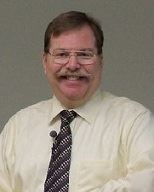
- Presenter: George G. Morgan
- Date: June 21, 2016
- Webinar Description: Evidence comes in many forms and with varying amounts of content. This lecture focuses on analyzing evidence for reliable and less-than-reliable information. It begins with a discussion of types of source materials - original vs. derivative - and the differences between primary and secondary information., and goes on to address mixed content on sources. Print. vs. electronic media are considered throughout, and evaluation of source citations to help determine evidence weight and reliability is stressed.
May, 2016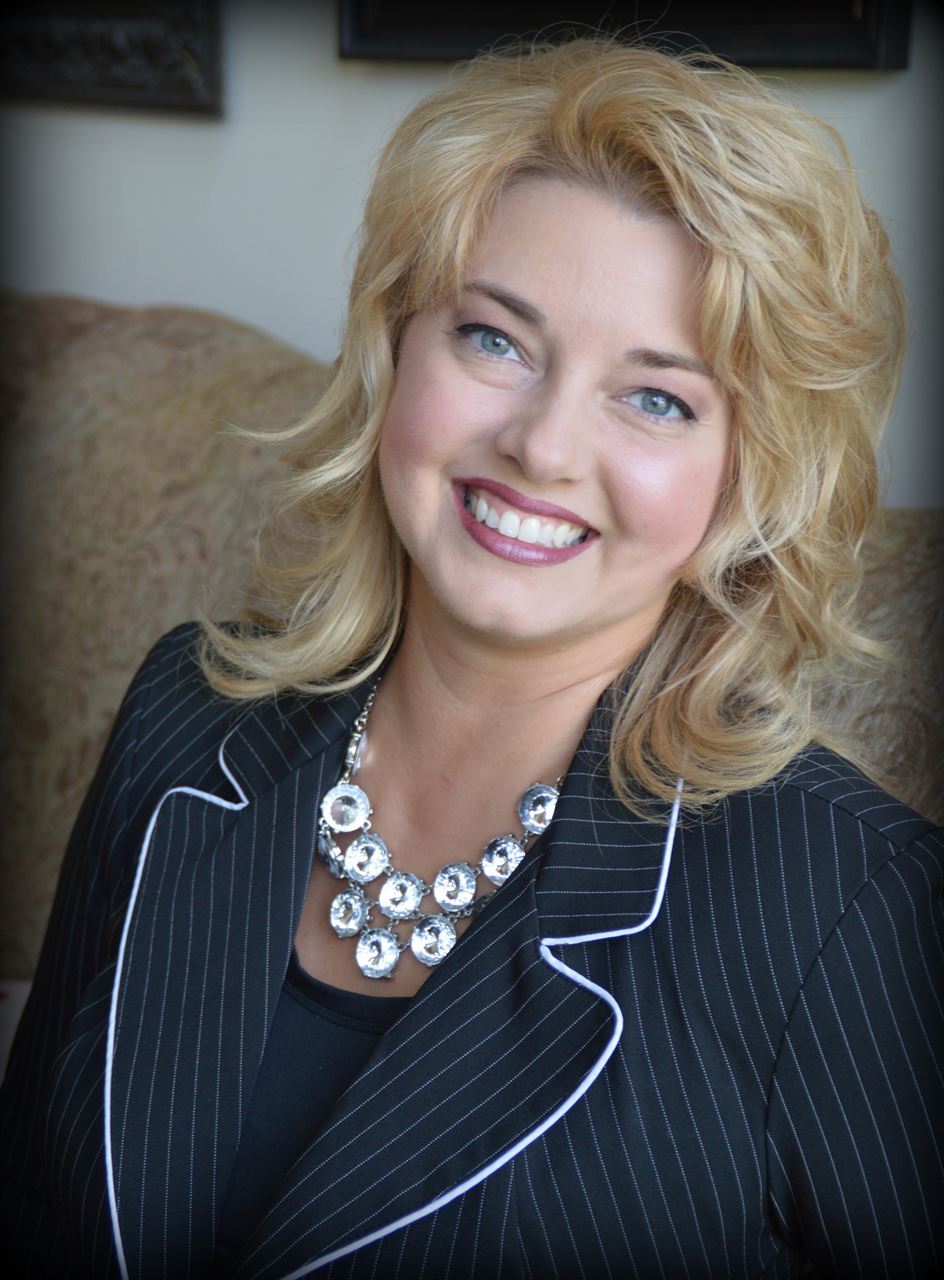
Using Social Media to Break through Genealogy Brick Walls
- Presenter: Amie Bowser Tennant
- Date: May 17, 2016
- Webinar Description: Facebook, Instagram, Twitter, and Pinterest aren’t just for the teenagers anymore. These are just some of the many social media apps and websites that you need to utilize for your family history. Answers to brick walls are waiting! Using social media as a type of crowdsourcing will amaze you, so join us for this fun and informative topic.
April, 2016
A Path to Your Next Research Steps: Using Timelines to Organize, Analyze and Evaluate Evidence
- Presenter: Annette Burke Lyttle
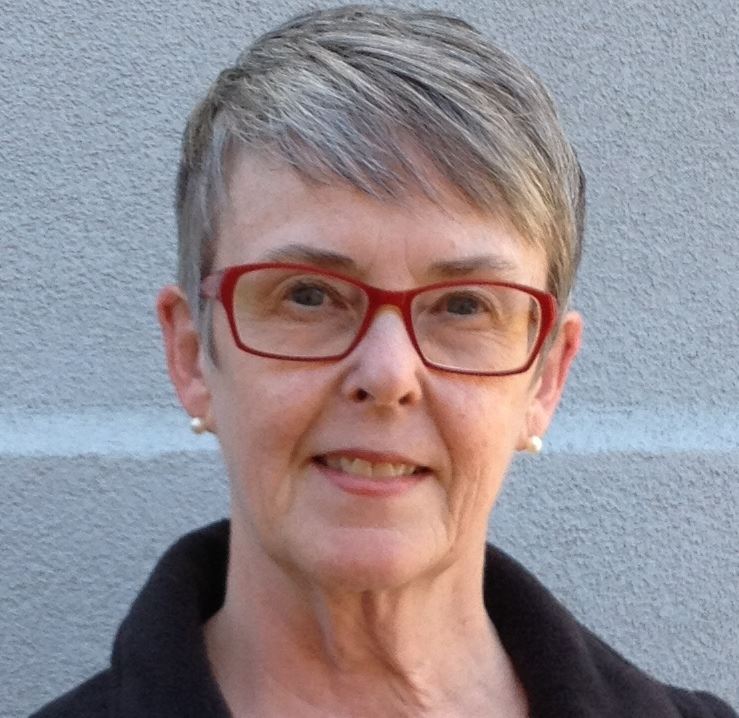
- Date: April 19, 2016
- Webinar Description: So you’ve done all this research – now what? How do you figure out what you have and what to look for next? This presentation will show you how to organize timelines that will enable you to evaluate your evidence, analyze your research for accuracy, and identify next steps.
March, 2016
Basics of Genetic Genealogy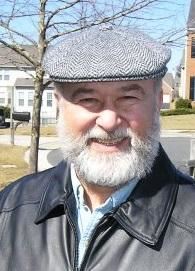
- Presenter: Andrew J. Hochreiter
- Date: March 15, 2016
- Webinar Description: This course is an introduction to Genetic Genealogy and how DNA can help genealogists to resolve or find family relationships. It is designed to educate potential consumers on the types of DNA tests available, what DNA tests can do, and avoid misconceptions about test capabilities. Family research using DNA results now stands together with traditional documentation in defining family relationships and history.
February, 2016
The Value of Working with a Professional Genealogist
- Presenter: Paula Stuart-Warren, CG, FMGS, FUGA
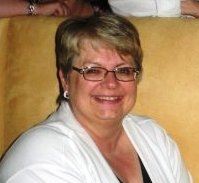
- Date: February 16, 2016
-
Webinar Description: Whether doing targeted research, consulting on your brick wall, or working along with you in a archive, historical society, or library, it’s a sensible step to hire a family history professional. We can't always make it to all the locations that hold records we need to research our family history.
Learn about services, finding the right one, costs, and what to expect as far as a reports, copies of records, timeliness, and more. This session is directed at both the consumer and somewhat for the professional.
January, 2016
Turning Genealogy into Family History: Creating Stories from Stats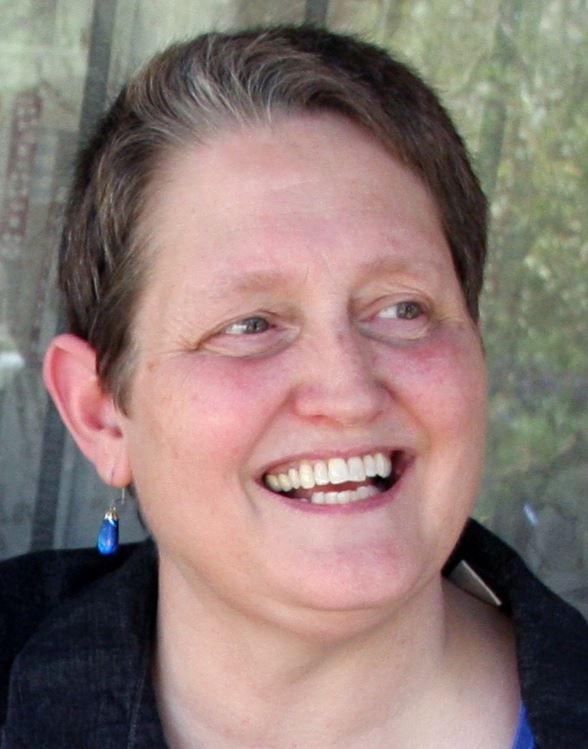
- Presenter: Jean Wilcox Hibben
- Date: January 19, 2016
- Webinar Description: Intergenerational stories are links to the past, but many people (especially the younger generations) become “turned off” by the lists of names, dates, and places. How can we make genealogy “come alive” for our descendants? This program explores turning statistics into stories and facts into fascination by using the story of a Milwaukee businessman (1843-1922) as the example case study.
|


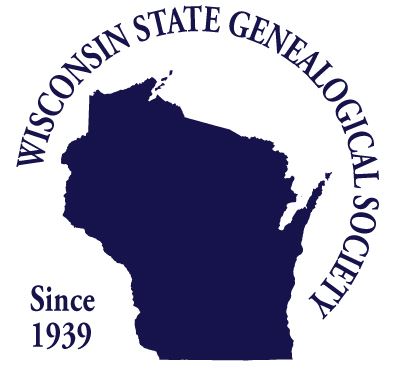
.jpg)








